With football being increasingly controlled by the richest around – from billionaires to state-run consortiums – fan-owned clubs in England, the UK and the world more broadly offer an alternative for supporters fed up with the sport they love being the plaything of businessmen.
There are some people that do not care where the money in football comes from, and even dream of their side being bought out by an oligarch or nation, looking at the likes of Manchester City as examples of the success that near-unlimited money can bring.
Newcastle United are hoping to follow in the Citizens' footsteps, and though regulations have slowed their spending, it seems inevitable that the financial might of Saudi Arabia will bring more silverware to Tyneside in the future.
On the other hand, some prefer to back fan-owned clubs, feeling that their achievements taste sweeter for all the additional challenges that they face on the road to success.
Read on as Football Ground Guide takes a look at some of the fan-owned clubs in the UK and around the world, comparing different nations' approaches to football club ownership.
Fan-owned clubs in the UK
There are a few different models of ownership in the UK. Fully-fan-owned, minority fan-owned, phoenix clubs and protest clubs are all categories of ownership of football clubs.
There are no fan-owned clubs in the Premier League, with all clubs owned by one owner or an owner and investors – and it's rare in the Football League, too. However, there have been several cases across the divisions.
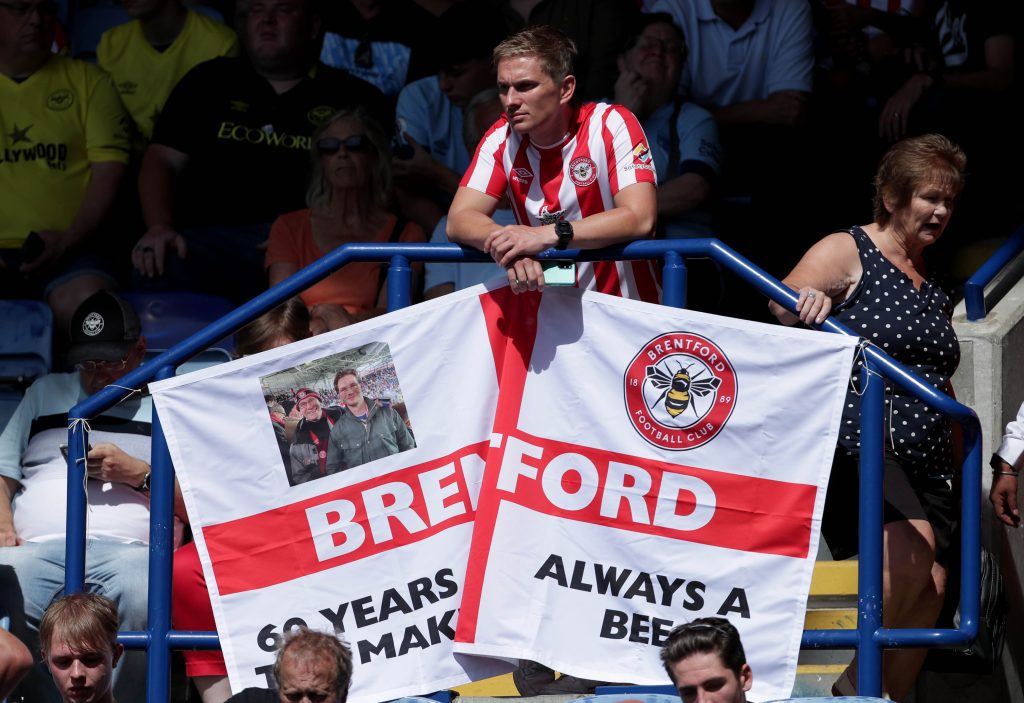
Brentford FC, now an established Premier League club, was once among the fan owned football clubs. Bees United had a stake of 60.3% o while businessman and Brentford fan, Matthew Benham owned 30.7%. (the other 9% was owned by other investors).
But, in June 2012, Bees United voted to sell their stake to Benham, who also bought the other 9%, meaning he owned 100% of Brentford FC. This took place while the club was in the third tier of English football, and they haven't looked back since, even building a new stadium during that time. Furthermore, Benham is a Brentford fan, making Brentford ‘fan-owned', even if not in the true sense of the term.
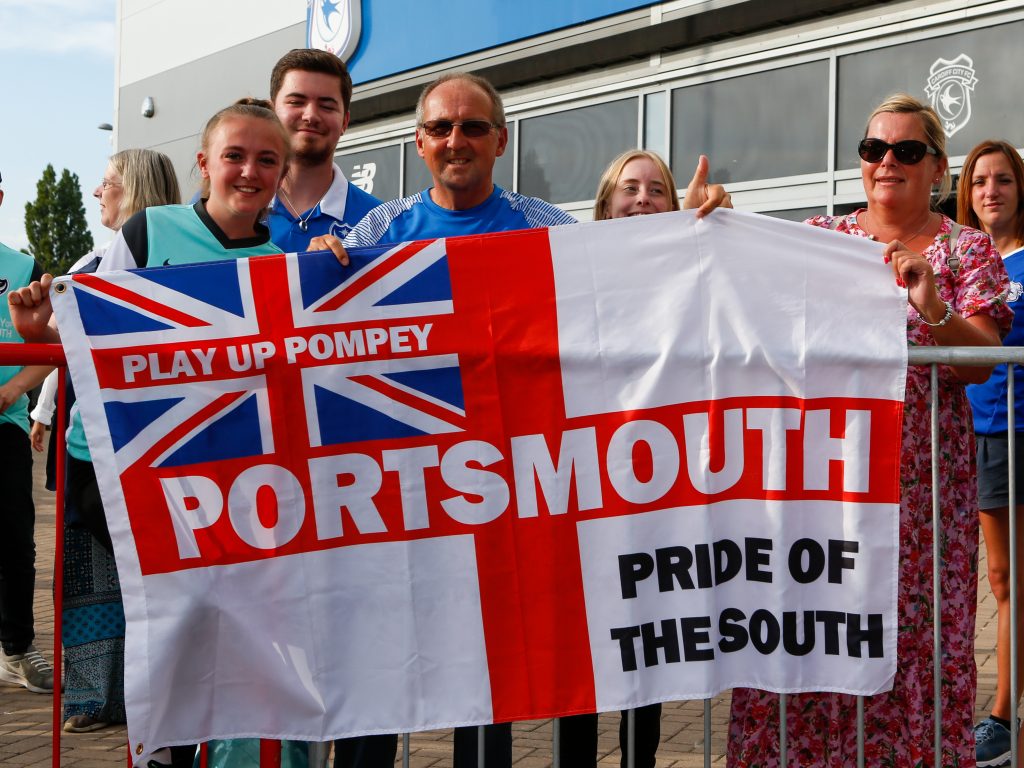
In April 2013, Portsmouth became the largest fan-owned club in England after the Pompey Supporters Trust bought Fratton Park. However, in May 2017, the members opted to vote in favour of Disney chief executive Michael Fisher buying the club for £5.67 Million.
Minority fan-owned clubs include Accrington Stanley, Carlisle United, Lincoln City, and Grimsby Town.
Protest clubs in England include the famous AFC Wimbledon, which was formed by Wimbledon fans against the relocation of their football club, Wimbledon FC, to Milton Keynes.
Further down the football pyramid, you will find FC United of Manchester. A football club that was created in 2005 by Manchester United supporters in protest at the Glazer family takeover. FCUM originally flew through the divisions, but they have been unable to quite make it to the EFL thus far.
There may well come a point where the club has to accept outside investment if they have any aspirations of progressing any further. However, that would go against the core principles of the club, so that is unlikely to happen. FCUM supporters are quite happy competing in the sixth and seven tiers of English football.
Phoenix clubs include Chester FC, a club that was founded by the fans of Chester City FC, which went defunct in 2009. Bury AFC was founded by fans of the defunct Bury FC back in 2019; however, both clubs have re-joined, and Bury FC is still alive today.
Fan owned football clubs in Scotland
In Scotland, there are a few majority-fan-owned clubs, including Motherwell FC, St Mirren FC, and Heart of Midlothian, all of whom contest in the Scottish Premier League. Other clubs in the lower leagues also follow this model.
Fan-0wned clubs in Northern Ireland
In Northern Ireland, there is currently only one club that is mostly fan-owned, and that is Crusaders FC.
Republic of Ireland's fan-owned clubs
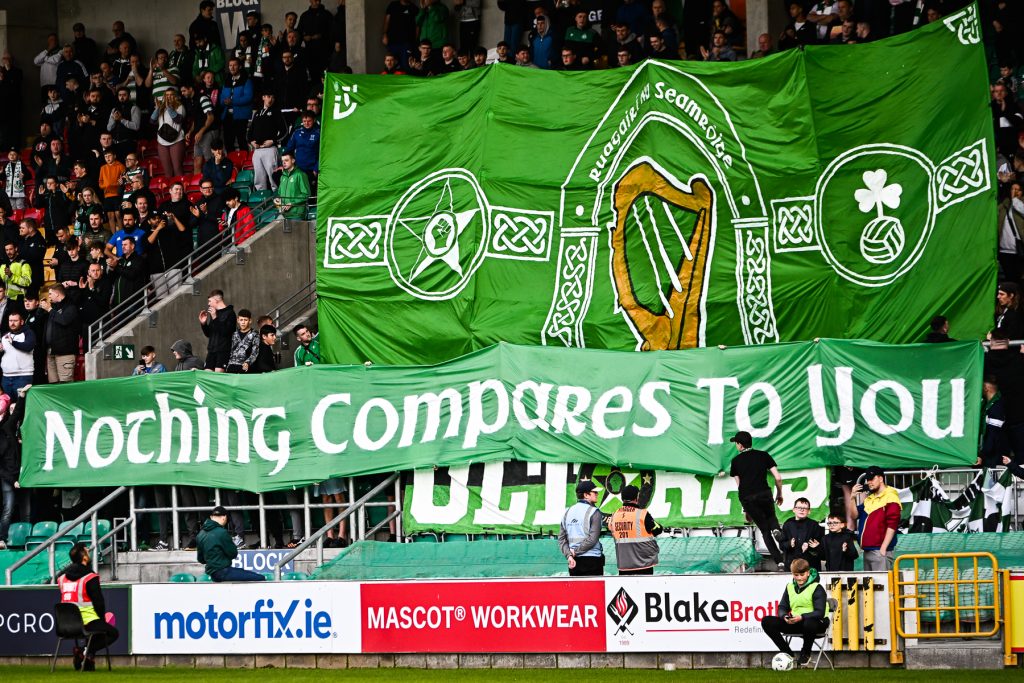
Across the Irish Sea, the League of Ireland has a few football clubs that are 100% fan-owned. The most famous example is Bohemians FC. The Dublin club often refers to themselves as being 100% fan-owned, in a slight dig at other Dublin clubs such as Shelbourne FC and St Patricks Athletic who are owned by rich businessmen.
Their bitter rivals Shamrock Rovers have taken a different approach when it comes to fan ownership, with a members' ownership model being put in place. This is seen as a hybrid members ownership as the fans only own 50% of the club, whilst the other 50% is owned by Dermot Desmond, who also has ownership of Scottish Club, Celtic FC.
Other clubs in the League of Ireland that are fan-owned include Athlone Town, Cobh Ramblers, Finn Harps, and Sligo Rovers.
Fan-owned clubs in Europe
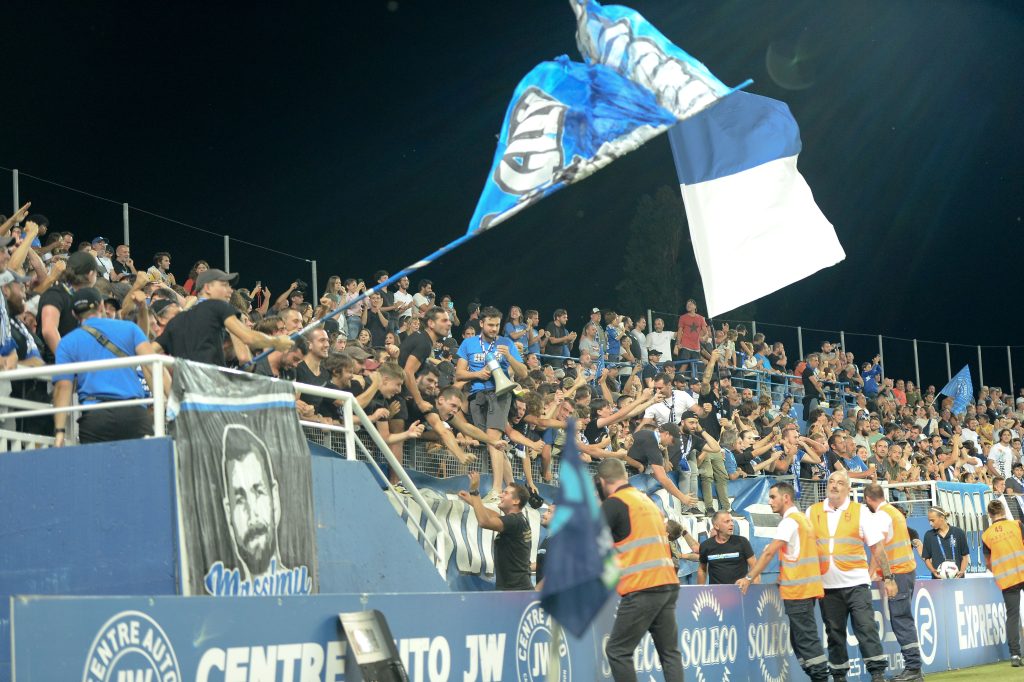
Other nations in Europe have different views on fan ownership, with some having strict rules that football clubs can not be owned by one person or a company.
This is not the case in Belgium, where there are only two clubs in the country that are fan-owned. They are KSK Beveren, and K Lyra-Lierse.
In France, only one professional club can say they have a majority fan-owned system, with SC Bastia adopting an original way of ownership. The Corsican Club became a cooperative society of collective interests in 2019.
The organisation is split into five different sections: the investors (who hold 35% of the shares), the supporters, the local businessmen, the communities, and then former employees and players as well.
Bundesliga fan ownership in Germany
Germany is an outlier when it comes to fan ownership, as majority control by a single person or company is not permitted by the German FA, which is also in German law as well. The 50% + 1 vote rule ensures this is the case and that fans will always have a say when it comes to big decisions in the running of the clubs in Germany. In the law, there must be at least seven members involved when the club is founded.
However, RB Leipzig, a club that was bought and funded by energy drink company, Red Bull, has been accused by rival fans of finding a loophole around this rule, which has helped with their dramatic rise in success over the last few years.
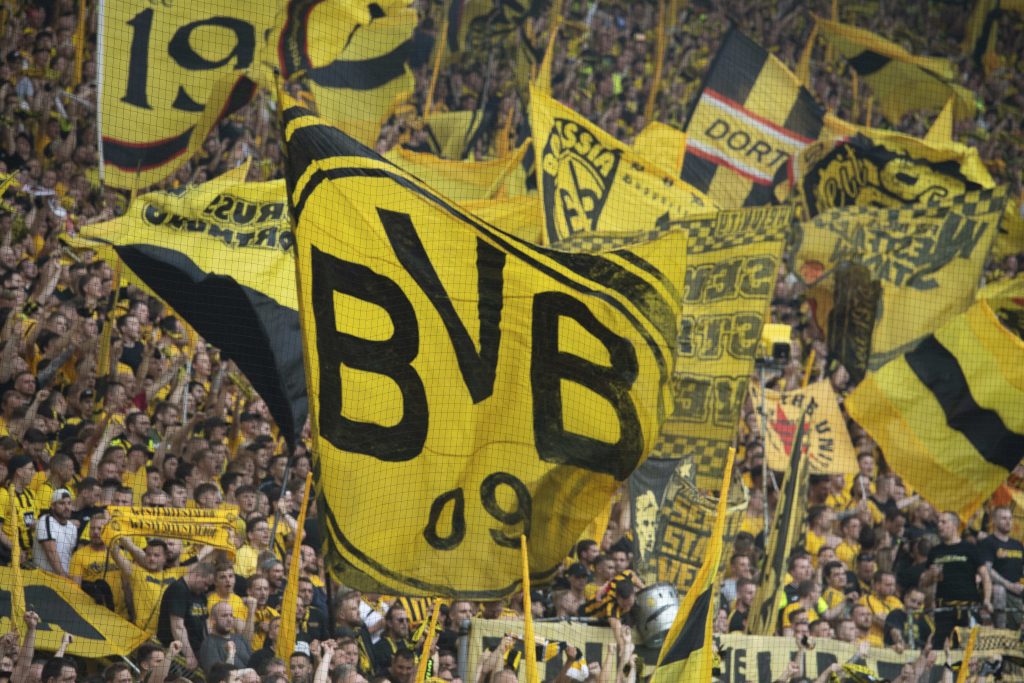
Spain has three big clubs that are majority or fully fan-owned that play in their topflight. They are the Athletic Club of Bilbao, CA Osasuna, Barcelona and Real Madrid. The latter of the two have adopted a system where the club is run by members, or ‘Socios' as they are known, and they in turn vote for a president. Every decision is voted on by the members.
Italy has no top-flight fan-owned clubs, while Portugal's top three clubs, Benfica, Porto, and Sporting Lisbon all have systems in place where no major decisions can be made without the fans' say-so.
South American fan-owned clubs
It's little surprise that in Argentina and Brazil, all football clubs are owned by their fans or members, although there are a few exceptions to this rule in both countries.
In Argentina, a club named Club Mutual Crucero del Norte, which was founded in 2003, is owned and run by a bus company, while in Brazil, the law was changed in 1993 to allow clubs to be bought, founded, and owned by single owners or businesses.
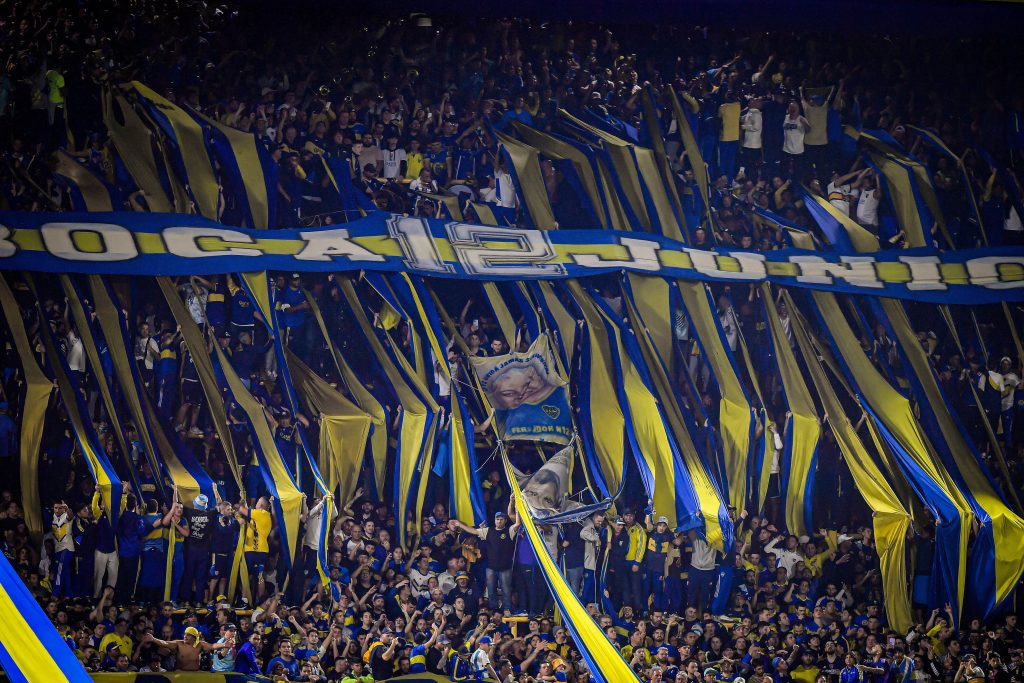
Chile (Curico Unido), Columbia (Deportivo Cali), and Central American country, Costa Rica (LD Alajuelense) are countries that only have one known fan-owned club.
Are there any fan-owned clubs in the USA?
The MLS is strictly franchised, with owners and businesses owning all the clubs that take part in them. It costs hundreds of millions just to enter a football club into the MLS so we won't be seeing a fan-owned club from the US anytime soon. There are a few in the lower leagues, but these are mostly minority fan-owned clubs playing in the USL leagues.
Fan-owned clubs in Australia & Asia
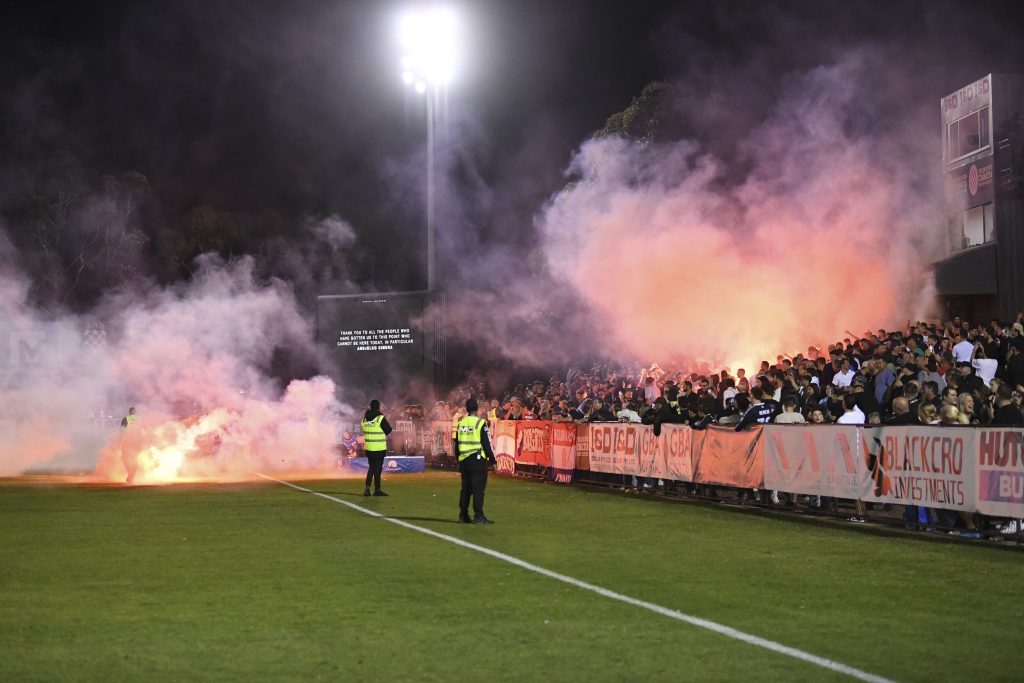
Australia only has two football clubs that are fan-owned, both based in Melbourne. They are the Melbourne Knights and South Melbourne FC. Whilst no fan-owned club can be found in China (or at least not in the top tiers of Chinese football), India does have one, named Travancore Royals FC, a club founded in 2018 by a group of passionate football fans. They play in the lower regional leagues of India.
In Japan, there is only one (current) fan-owned club in the country and that is Yokohama FC, which, like Barcelona, adopted the ‘Socio' membership system. However, they don't have any votes or say in the running of the club, so it is debatable as to whether they truly are a fan-owned club.
Fan-owned football clubs in Africa
There are very few fan-owned clubs in Africa.
Nigeria's Might Jets FC is probably the largest fan-owned club in Africa, whilst Mali's Jeanne d'Arc FC was formed by fans after the original club went defunct. They play in the lower leagues of Mali.
In Rwanda, Rayon Sports FC are the only fan-owned football club. Being the oldest club in the country, Rayon Sports FC also boast a massive following.
